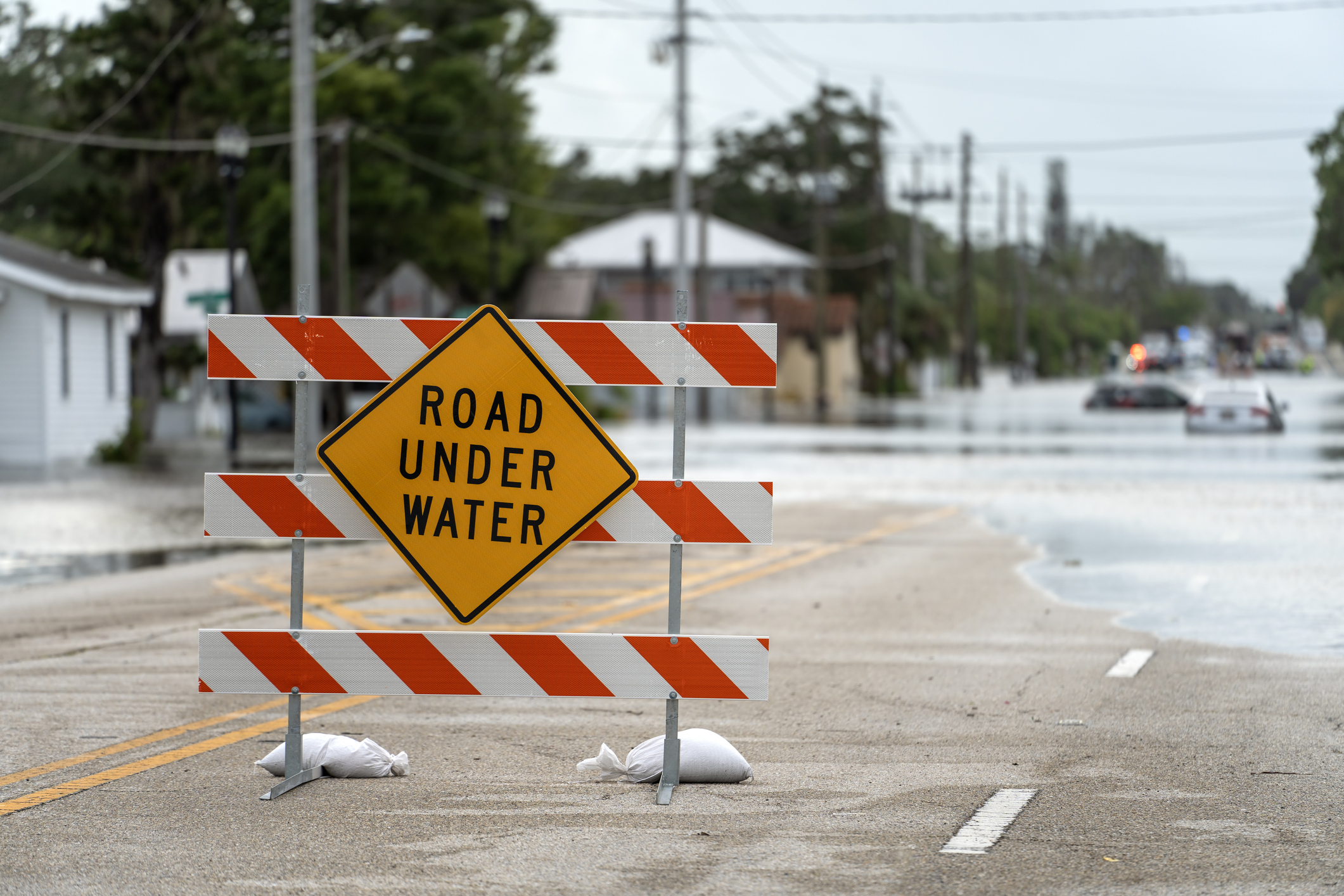When it comes to public policy, do scientists and activists who admonish us to follow the evidence where it leads live up to their own standards? Too often the answer is “no,” and the contradiction between what some scientists say and and what they do is having a corrosive effect on how people perceive scientific evidence.
The latest example of this hypocrisy comes from the editors of the journal Nature.
For the second presidential election in a row, the editors endorsed against Donald Trump, saying they took the step to defend the integrity of science. However, research shows that their actions are more likely to undermine the credibility of the journal and increase the perception that science is politicized than influence the election outcome. Rather than preventing science from becoming politicized, it is a good example of how politics and signaling are incentivizing people to make decisions that feel good in the near term but do long-term damage.
In 2020, the journal Nature took the unusual step of endorsing Joe Biden for President, writing about Donald Trump that, “No president in recent history has tried to politicize government agencies and purge them of scientific expertise on the scale undertaken by this one.” Although they claimed to be focusing on science, the editorial mentioned other areas of policy, including criticizing Trump for leaving the Paris Climate Accord and the Iran Nuclear Deal.
Subsequently, researchers wondered if the endorsement made a difference in the election and what the impact of a scientific journal wading into partisan politics would have on its reputation.
A study published in 2023 asked 4,260 people for their reaction to Nature’s endorsement and if it impacted their opinion of the candidates and the credibility of scientists.
The results indicated that Nature’s endorsement did not have influence the election, but did undermine the credibility of the journal. A writeup of the study by Arthur Lupia, published in Nature, reported that, “Overall, the study provides little evidence that the endorsement changed participants’ views of the candidates. However, showing the endorsement to people who supported Trump did significantly change their opinion of Nature.”
The writeup noted that, like any study, there were limitations since it was concluded after the election and may not accurately reflect the impact the endorsement had at the time. Additionally, they noted, generalizing from one instance can be dangerous.
However, the discussion of the study noted that the results should not be dismissed. “Even with these caveats,” the author noted, “the study deserves attention because of what is at stake — credibility. Nature and other scientific publications provide a service for the scientific community and for the world in conveying rigorous, unbiased scientific information. One of the reasons these publications have this capacity is the credibility they have built up over decades.”
The primary value of journals like Nature is to provide information that is credible and can be trusted. Spending that crediblity on electoral politics undermines the primary value that such journals offer. Lupia concluded, “The current study provides evidence that, when a publication whose credibility comes from science decides to politicize its content, it can damage that credibility. If this decreased credibility, in turn, reduces the impact of scientific research published in the journal, people who would have benefited from the research are the worse for it.”
Lupia’s takeaway? “I read [the study] as signalling that Nature should avoid the temptation to politicize its pages.”
Four years later, Nature could not avoid that temptation.
Once again, Nature’s editors endorsed against Donald Trump, warning that, “As president, Trump not only repeatedly ignored research-informed knowledge, but also undermined national and global science and public-health agencies.” Once again, instead of sticking to questions of science, the editors included public policy issues far afield of science. They criticized Trump for withdrawing “the country from both the Paris climate agreement and the Joint Comprehensive Plan of Action (also called the Iran nuclear deal) — both of which the United States had helped to craft.” What the Iran nuclear deal has to do with science or why the editors of Nature feel they are experts on that topic is unclear.
The editors had previously signaled that they might ignore the results of the research and endorse again. In 2023, they wrote, “Considering the record of Trump’s four years in office, this journal judged that silence was not an option.” They added, “And, when the occasion demands it, we will continue to do so.”
However, silence was an option, especially if the alternative is more damaging as the research indicated it might be. If their editorial doesn’t impact the election but does harm their credibility and increases the sense that science is political, silence is not only an option, it is the best option.
If they really cared about promoting science or preventing Donald Trump from becoming president, then they should choose an approach – based on evidence — that is effective. Saying “silence is not an option” simply means they don’t want to consider that their editorials may not be effective or consider the negative consequences of their own actions.
It also calls into question how committed Nature’s editors are to following the evidence. When discussing Vice President Harris’ promise to create an “opportunity economy,” the editors wrote, “Precisely what that means is yet to be defined — a science- and evidence-based approach needs to be at its core.” The editors ignored the evidence that their endorsement would do more harm than good – and offered no evidence to the contrary – to write an editorial admonishing political leaders to be “evidence-based.”
One danger of overtly mixing science and politics is that is gives others license to do the same. The less we can trust that data and research is unbiased the more leeway we have to simply choose the evidence that suits our biases. In the future, when Nature’s editors criticize politicians for ignoring the science, it will sound a lot like the pot calling the kettle black rather than a legitimate critique. And once credibility is lost, it isn’t regained easily.
If the editors of Nature, or any other purportedly science-based journal, want to stand up for evidence-based policy, they should be consistent, not just when it is politically useful.




